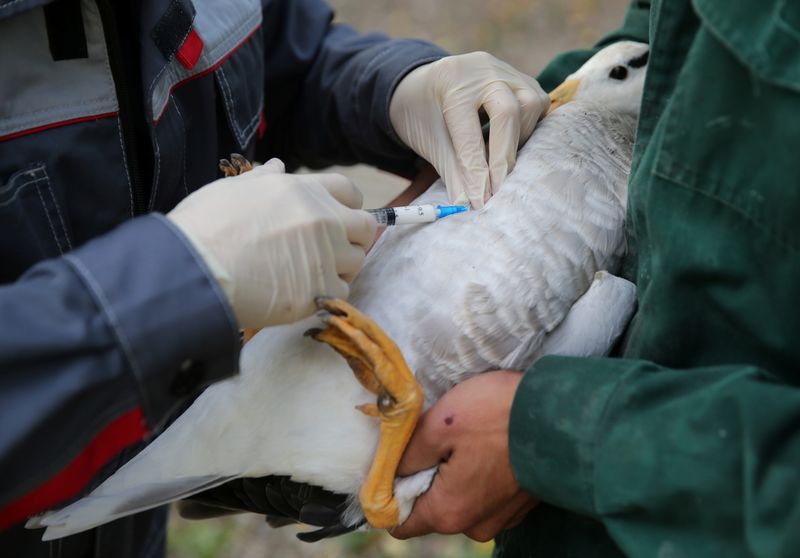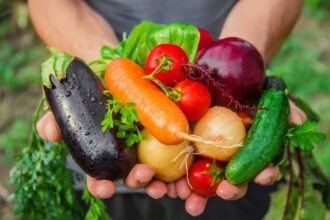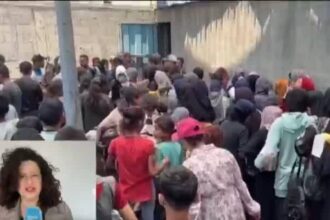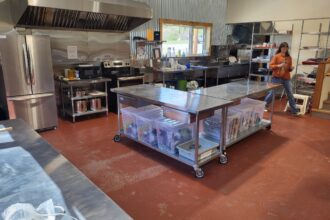In an increasingly interconnected world where animal diseases can spread across borders within days, international experts are calling for a coordinated global approach to animal vaccination strategies. The World Organisation for Animal Health (WOAH) has emphasized that unified policies are essential not only for protecting livestock and wildlife but also for maintaining stable international trade relations.
“We’re witnessing a critical juncture where animal health directly impacts global economic stability,” explains Dr. Monique Eloit, Director General of WOAH, during yesterday’s virtual summit on transboundary diseases. “Countries implementing inconsistent vaccination protocols create unnecessary trade barriers that can devastate agricultural economies.”
The urgency of this appeal comes amid recent outbreaks of foot-and-mouth disease in parts of Asia and avian influenza strains that have swept across multiple continents. These incidents have triggered varied responses worldwide, from mass culling to emergency vaccination campaigns, often leading to import bans that disrupt global supply chains.
Economic analyses from the CO24 Business research division suggest that harmonized vaccination policies could prevent billions in agricultural losses annually. In Canada alone, recent trade restrictions stemming from disease concerns cost producers an estimated $450 million in export opportunities last year, according to Agriculture Canada data.
The proposed framework would establish international standards for vaccine verification, create shared surveillance systems, and develop mutually recognized certification processes. Such standardization would allow countries to maintain trade relationships even when managing disease outbreaks through vaccination rather than culling.
“The science is clear – modern vaccines can effectively control disease spread without posing risks to food safety,” notes Dr. Sarah Johannson, veterinary epidemiologist at the University of Guelph. “What’s lacking is the policy infrastructure to recognize these vaccinations across borders.”
For Canadian farmers, the stakes are particularly high. As one of the world’s leading agricultural exporters, Canada’s livestock sector depends heavily on international market access. Recent trade disruptions following disease outbreaks in neighboring countries have highlighted the vulnerability of even disease-free nations to inconsistent global policies.
The WOAH proposal faces challenges, however. Sovereignty concerns, varying regulatory frameworks, and economic disparities between nations complicate the path toward a unified approach. Developing countries, in particular, have expressed concerns about implementation costs and potential disadvantages in meeting stringent new standards.
“This isn’t just about animal welfare or economics – it’s fundamentally about food security,” argues Dr. Thomas Nguyen, agricultural policy specialist with the UN Food and Agriculture Organization. “We need to view vaccination harmonization as an investment in global resilience rather than a regulatory burden.”
As world leaders prepare for next month’s Agricultural Trade Summit in Geneva, the animal vaccination framework is expected to feature prominently on the agenda. The outcome could reshape how nations balance disease prevention with trade facilitation for decades to come.
As our increasingly connected world faces growing threats from emerging and re-emerging animal diseases, will international cooperation on vaccination policy finally overcome national interests – or will fragmented approaches continue to undermine both animal health and economic stability?










